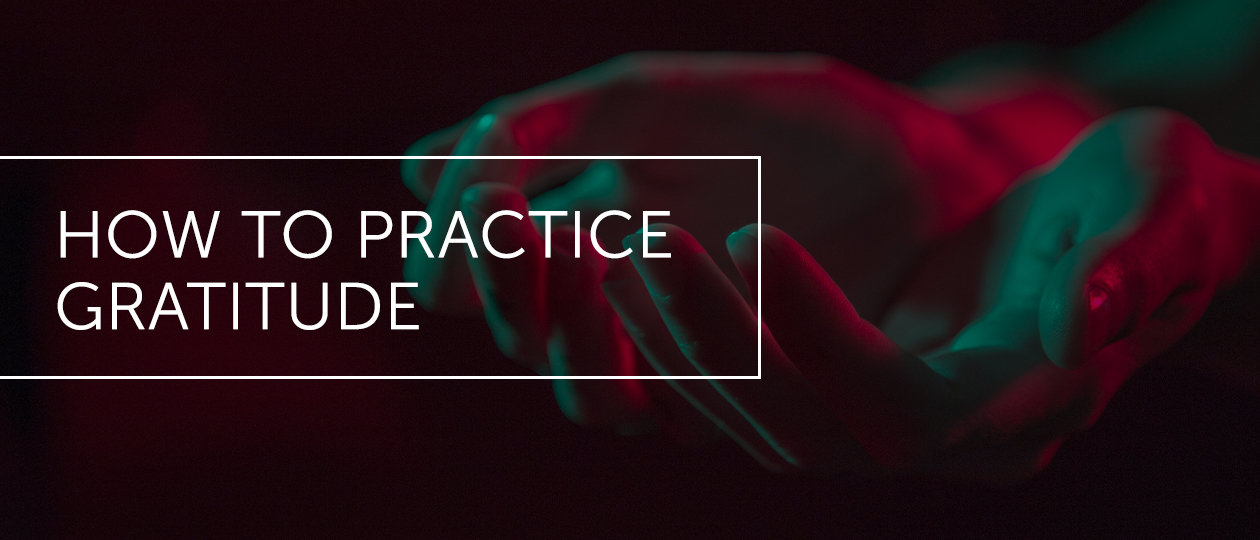How to Practice Gratitude
If you ask people what they want the most—and I’ve asked thousands—the most popular answer is happiness. But what exactly do they mean by that? If you ask the same question of someone with a health problem, their answer will probably have to do with their physical health. If you ask someone in the midst of a serious relationship problem, you’ll likely hear them say how much they would value a resolution. But go behind the curtain of these or countless other answers, you’ll find one thing at the heart of all: peace.
Gratitude is a hot issue in the self-help and psychology world, though not as hot as it should be in my opinion. I’ve said before that peace is like a light on the dashboard, it’s the best indicator of whether you’re living in a good, healthy way. It’s also what we all really want, when you boil it down: physiological peace for our bodies, emotional peace in our relationships, financial peace in our careers—and gratitude is an essential component of it all.
If you’re in a place where you can, take a moment to close our eyes and think about peace. Think how your life would be different if you had perpetual physical, mental, and spiritual peace. Try to really immerse yourself in the image. It feels good, doesn’t it? Typically, that’s because you don’t have it now and you’re feeling the difference. A few people may have trouble even imagining it, which means you’re a bit farther from peace than most—though still not beyond help, not by a longshot. Regardless, it is attainable, and well worth the trouble.
Fortunately, gratitude is not only one of the most critical factors, but also one of the easiest to change. You cannot have and want at the same time. Lots of people rarely “have” things at all because almost as soon as they get what they want they’re on to wanting something else. This is bad because wanting is an expectation. It puts you into physiological stress and makes any level of peace impossible. The object here is to live in an intentional state of gratitude the good things you have and the bad things you don’t. I said earlier this was one of the easier steps. Even so, probably 3 in 10 of us could go out and start living that way just from hearing this information. All they needed was a little direction or encouragement. If that’s you, I hope you feel appropriately encouraged and have a blessed, wonderful day.
The other seven of you (and I would be in this group as well), won’t be able to do it through willpower alone. You’re already in too much stress and have too much fear-based programming. But that’s why I do what I do. Give it forty days with Trilogy and Memory Engineering, and you’ll have your willpower back, you’ll be able to live intentionally in peace and gratitude as well. Gratitude as a way of life is not popular. It’s not a headline. But it can dramatically change your life for the better.
Don’t miss it.
Have a blessed, wonderful day!
Alex Loyd



